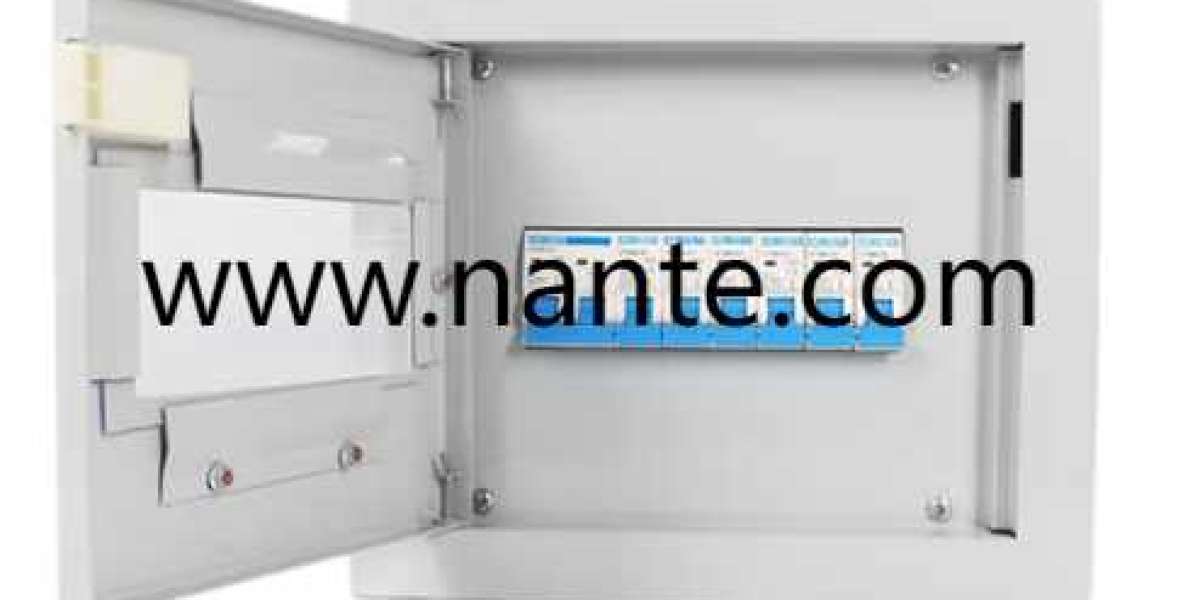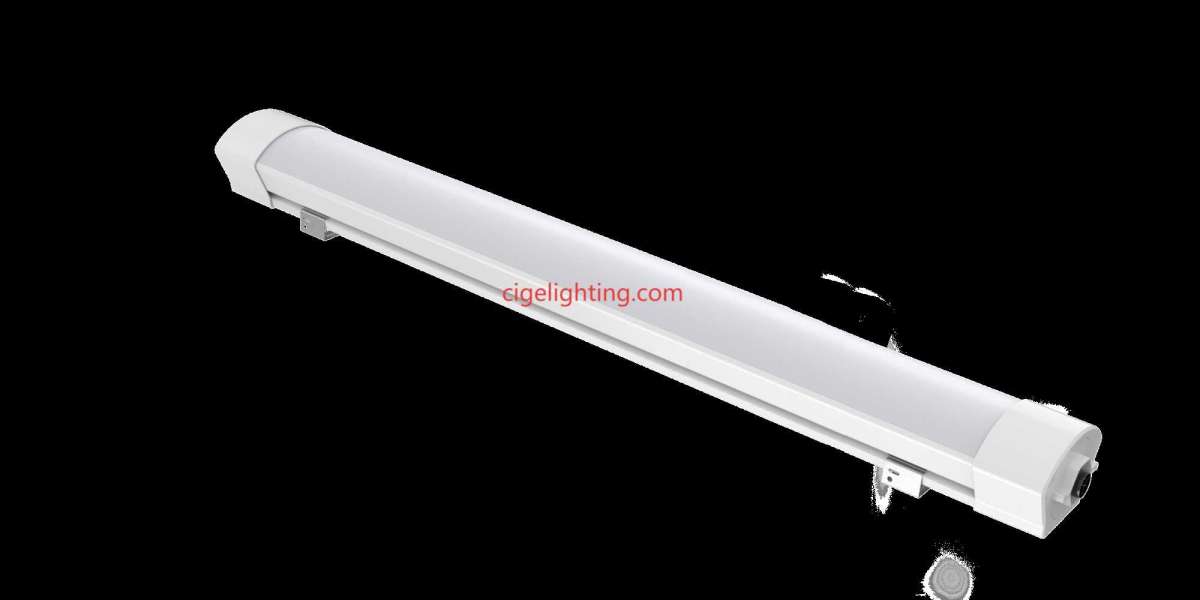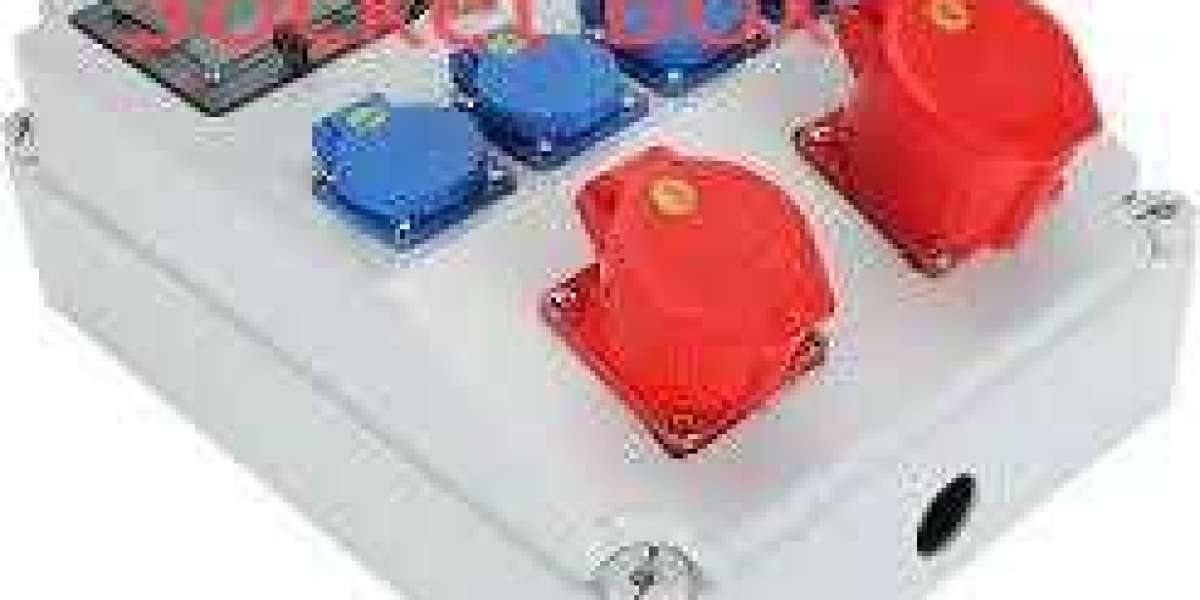As global trade tensions redefine manufacturing landscapes, the Industrial Plug has emerged as an unexpected protagonist in sustaining cross-border operations. These unassuming connectors now shoulder the dual burden of complying with diverging tech standards and adapting to tariff-driven supply chain shifts—all while ensuring uninterrupted power flows in factories straddling geopolitical divides.
Modularity as a Defense Against Trade Volatility
With nations imposing conflicting technical regulations to protect domestic industries, industrial plugs are evolving into shape-shifting interfaces. Magnetic adaptors allow instant compatibility between regional socket types, while swappable voltage regulators adjust to local grids without hardware replacements. This modularity helps manufacturers swiftly pivot production between markets, avoiding costly retooling delays when tariffs alter sourcing strategies .
EMI Armor in the Age of Tech Espionage
As industrial equipment becomes smarter, plugs double as data guardians. Nano-coated shielding in connectors blocks electromagnetic interference (EMI), preventing sensitive metrics from leaking through power lines—a critical feature for factories handling dual-use technologies amid rising cyber espionage concerns . Self-diagnostic chips embedded within plugs also detect abnormal current patterns that might indicate tampering, offering real-time alerts against physical or digital intrusions.
Localized Aesthetics for Cultural Compliance
In Southeast Asia, plugs incorporate intricate batik-inspired patterns into heat-dissipating casings. European models feature minimalist interfaces with touch-sensitive activation, while Middle Eastern variants integrate sand-resistant seals for desert installations. These localized designs ease regulatory approvals by demonstrating respect for regional norms, often accelerating certification processes in protectionist markets .
Sustainable Currents in Circular Economies
Trade wars have intensified scrutiny of supply chain sustainability. Leading plugs now use ocean-reclaimed aluminum alloys and biodegradable silicone seals, appealing to eco-conscious procurement policies. Self-lubricating contact points reduce maintenance cycles, while solar-compatible variants enable off-grid manufacturing setups—key for companies relocating to regions with unreliable infrastructure .
The Diplomatic Plug: Bridging Tech Standards
As the US and China promote rival industrial tech ecosystems, adaptive plugs serve as neutral mediators. Universal converters automatically negotiate between Chinese GB standards , allowing multinational factories to operate hybrid equipment without choosing sides. This neutrality is becoming vital for suppliers serving clients in both geopolitical blocs .
For enterprises navigating today’s fragmented trade realities, www.nante.com offers next-gen solutions where every connection becomes a bridge between resilience and innovation—powering industries through an era of unprecedented transformation.








